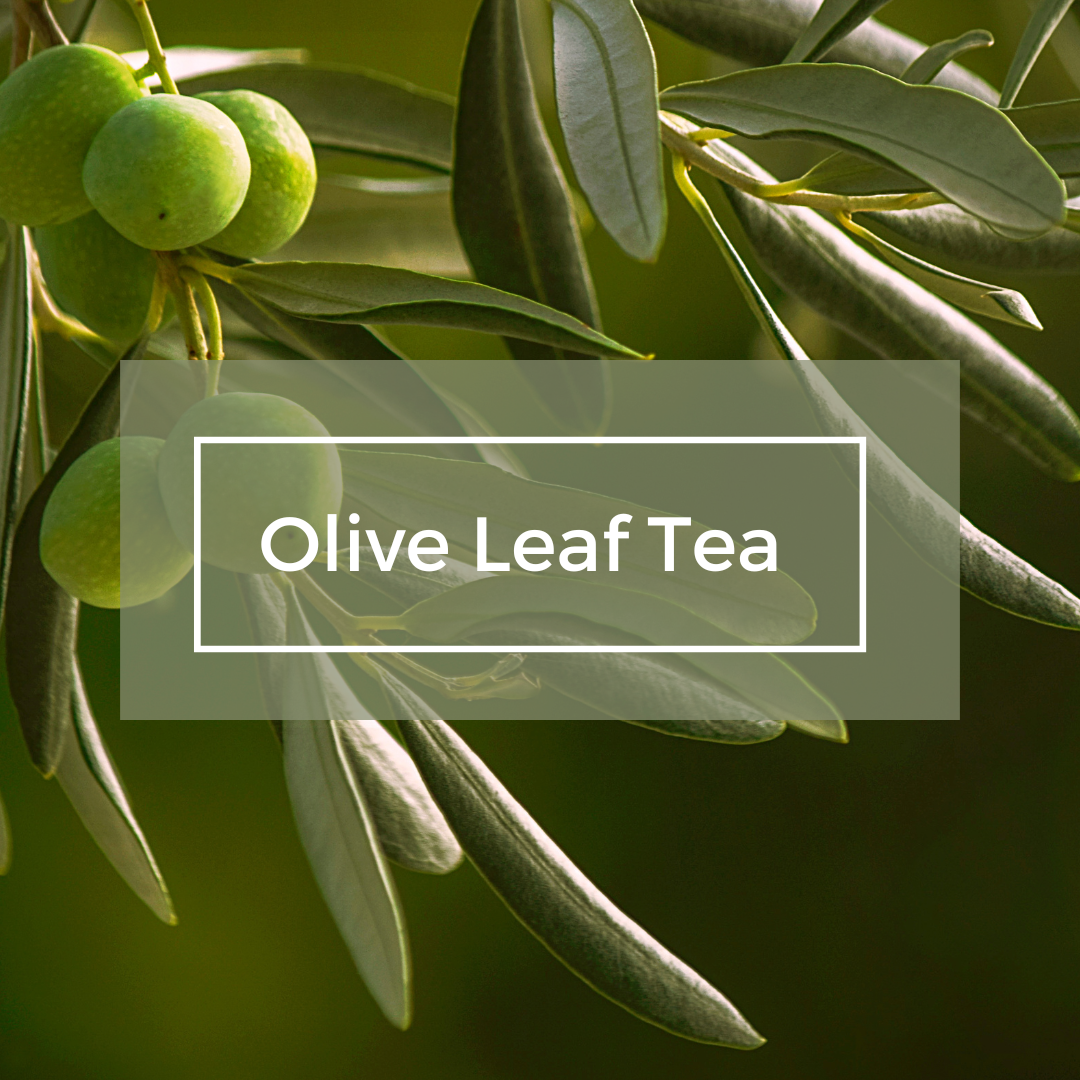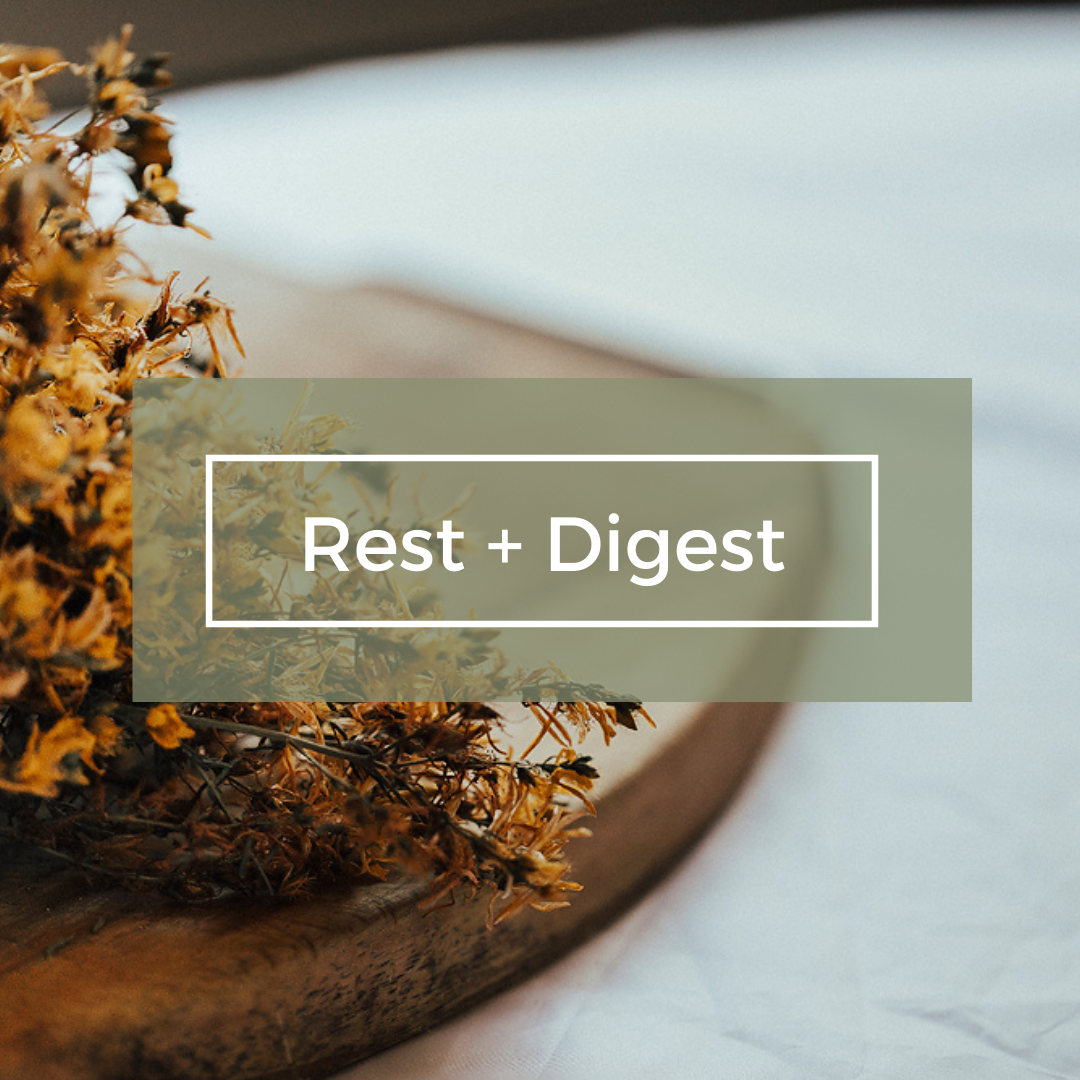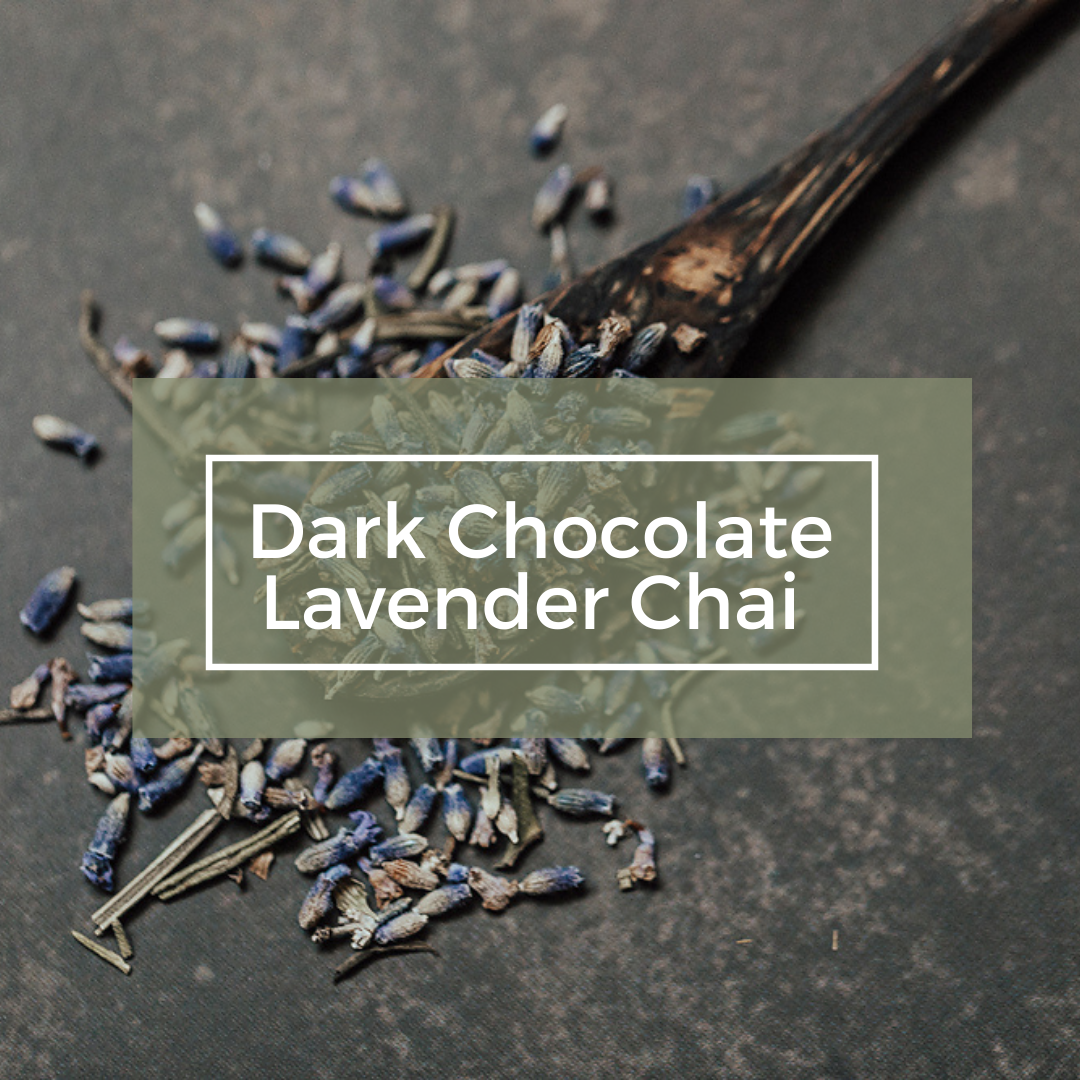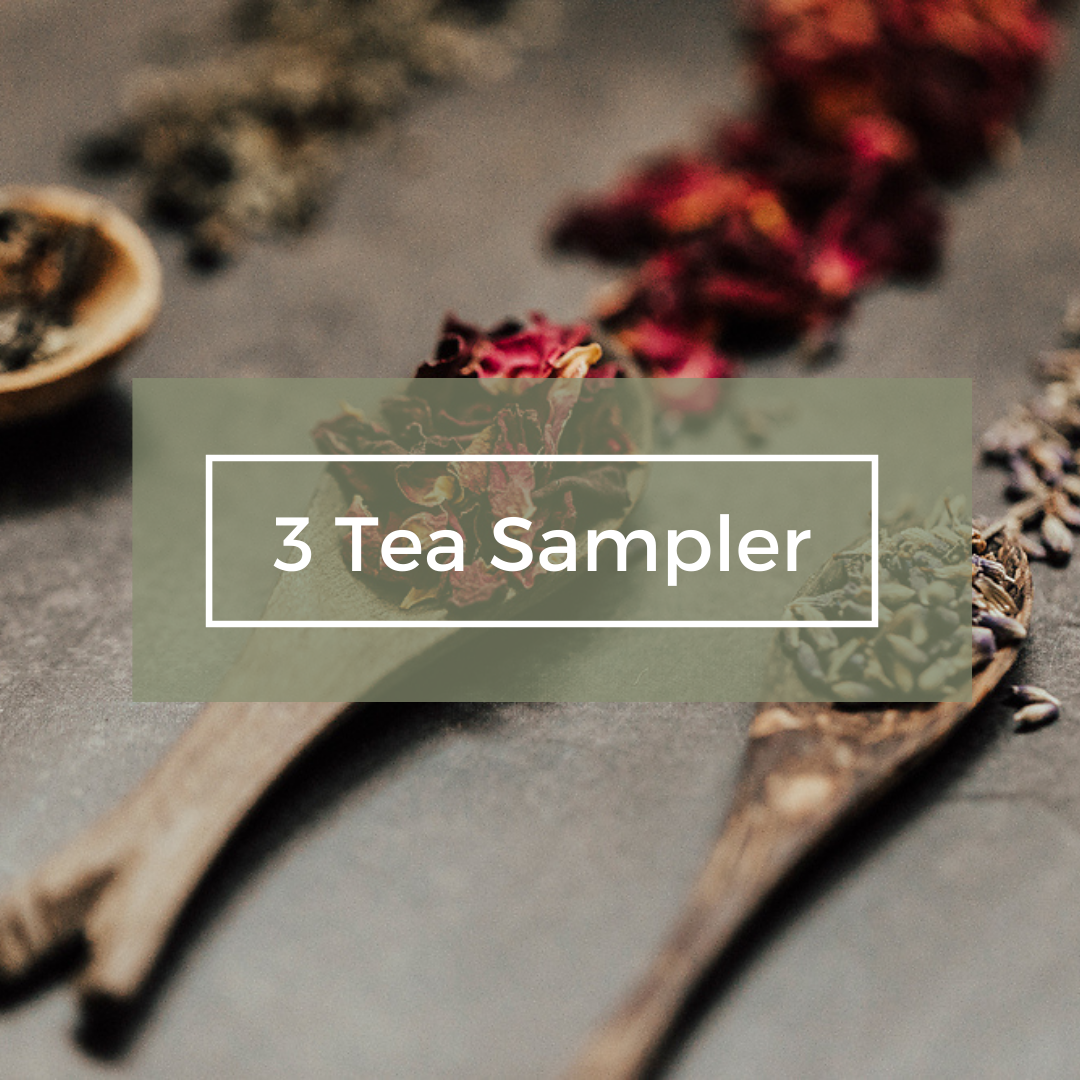 Image 1 of 1
Image 1 of 1


Organic Olive Leaf Tea – A Natural Ally in the Fight Against SIBO
For centuries, olive leaf tea has been cherished for its rich flavor and abundant health benefits. A staple of traditional medicine, this tea is packed with polyphenols, potent plant compounds known for their antimicrobial, anti-inflammatory, and antioxidant properties. With a long-standing reputation for safety and a growing body of research behind it, olive leaf tea is now stepping into the spotlight as a promising adjunct treatment for SIBO (Small Intestinal Bacterial Overgrowth).
Why Olive Leaf Tea for SIBO?
If you've dealt with SIBO—or treated it—you know how challenging it can be to fully eradicate. Whether using antibiotics or natural options like herbs and probiotics, relapse and incomplete resolution are common. That’s why emerging tools with real clinical evidence are so exciting.
A recent study offers compelling support for olive leaf tea as part of your SIBO treatment strategy:
49 patients with confirmed SIBO (hydrogen, methane/IMO, or mixed types) were enrolled
The treatment group drank 2 cups of olive leaf tea daily for 2 months
After 2 months, 88% of patients in the tea group tested negative for SIBO, compared to just 4.2% in the control group
Participants also reported improvements in abdominal pain, indigestion, dyspepsia, diarrhoea, and constipation
Safety & Considerations
Olive leaf tea has a strong track record of safety and has been used in clinical trials for various conditions. However, one notable effect is its ability to lower blood pressure. If you have low blood pressure or are on antihypertensive medications, consult with your healthcare provider before adding this tea to your routine.
How to Use
To mirror the study protocol:
Drink 2 cups of olive leaf tea daily (containing 1.7g of powdered olive leaf), ideally between meals
Continue for at least 2 months to evaluate effects
This tea can be a gentle, well-tolerated addition to SIBO protocols.
Final Thoughts
While no single treatment is a magic bullet for SIBO, olive leaf tea offers a promising, evidence-backed approach worth considering—especially for those seeking more natural solutions. As a clinician, tools like these are invaluable: safe, accessible, and supported by research.
Olive leaf tea isn’t just ancient wisdom—it's modern medicine in a cup.
For centuries, olive leaf tea has been cherished for its rich flavor and abundant health benefits. A staple of traditional medicine, this tea is packed with polyphenols, potent plant compounds known for their antimicrobial, anti-inflammatory, and antioxidant properties. With a long-standing reputation for safety and a growing body of research behind it, olive leaf tea is now stepping into the spotlight as a promising adjunct treatment for SIBO (Small Intestinal Bacterial Overgrowth).
Why Olive Leaf Tea for SIBO?
If you've dealt with SIBO—or treated it—you know how challenging it can be to fully eradicate. Whether using antibiotics or natural options like herbs and probiotics, relapse and incomplete resolution are common. That’s why emerging tools with real clinical evidence are so exciting.
A recent study offers compelling support for olive leaf tea as part of your SIBO treatment strategy:
49 patients with confirmed SIBO (hydrogen, methane/IMO, or mixed types) were enrolled
The treatment group drank 2 cups of olive leaf tea daily for 2 months
After 2 months, 88% of patients in the tea group tested negative for SIBO, compared to just 4.2% in the control group
Participants also reported improvements in abdominal pain, indigestion, dyspepsia, diarrhoea, and constipation
Safety & Considerations
Olive leaf tea has a strong track record of safety and has been used in clinical trials for various conditions. However, one notable effect is its ability to lower blood pressure. If you have low blood pressure or are on antihypertensive medications, consult with your healthcare provider before adding this tea to your routine.
How to Use
To mirror the study protocol:
Drink 2 cups of olive leaf tea daily (containing 1.7g of powdered olive leaf), ideally between meals
Continue for at least 2 months to evaluate effects
This tea can be a gentle, well-tolerated addition to SIBO protocols.
Final Thoughts
While no single treatment is a magic bullet for SIBO, olive leaf tea offers a promising, evidence-backed approach worth considering—especially for those seeking more natural solutions. As a clinician, tools like these are invaluable: safe, accessible, and supported by research.
Olive leaf tea isn’t just ancient wisdom—it's modern medicine in a cup.
Each 200g bag is a 2 month supply.




